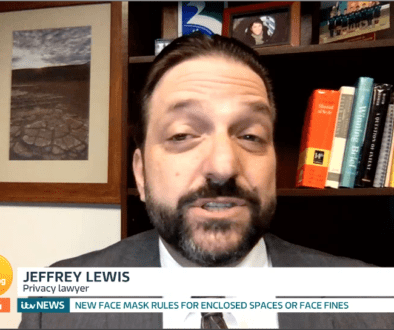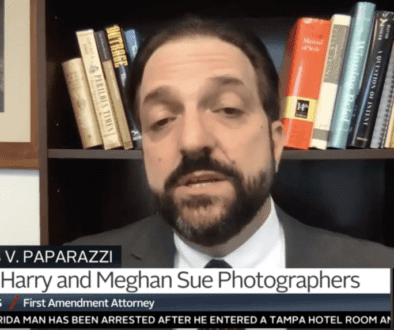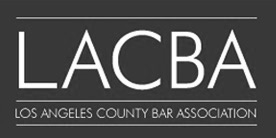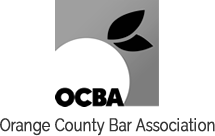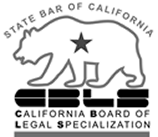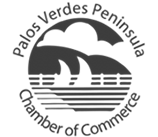Assertion of Advice of Counsel in a Malicious Prosecution Action
In a malicious prosecution action, the client who initiated the prior lawsuit has a unique defense available to him. He can assert “advice of counsel” and attempt to avoid liability. Advice of counsel can provide an absolute defense to a client. “Reliance upon the advice of counsel, in good faith and after full disclosure of the facts, customarily establishes probable cause.” (Pond v. Insurance Co. of North America (1984) 151 Cal.App.3d 280, 288). The burden of proving the advice of counsel defense rests with the client. (Nunez v. Pennisi (Cal. Ct. App., Oct. 27, 2015, H039910) 2015 WL 6468389, at *8). The advice of counsel defense will not apply unless the client proves that he informed his counsel of the “specific relevant facts” before the lawsuit was filed. (Nunez v. Pennisi (Cal. Ct. App., Oct. 27, 2015, H039910) 2015 WL 6468389, at *8). The defense is not available if the client knew that there was no probable cause to file suit. (George F. Hillenbrand, Inc. v. Insurance Co. of North America (2002) 104 Cal.App.4th 784, 814). One peril to asserting advice of counsel is that the client may be found to have waived the attorney client privilege regarding the advice received. (Chiron Corp. v. Genentech, Inc. (E.D. Cal. 2001) 179 F.Supp.2d 1182, 1186).
This post is the latest in a series of posts on the tort of malicious prosecution. Jeffrey Lewis represented the prevailing parties in the malicious prosecution case of Videotape Plus, Inc. v. Lyons (2001) 89 Cal.App.4th 156. Jeffrey Lewis and the other attorneys at Broedlow Lewis LLP are experienced litigators and can advise you about your potential rights and defenses in a malicious prosecution action. Each case is different and you should consult a lawyer rather than relying on this post as legal advice for your situation.
